Team (as of May 2023)
Emily Bellis, Ph.D. (PI)
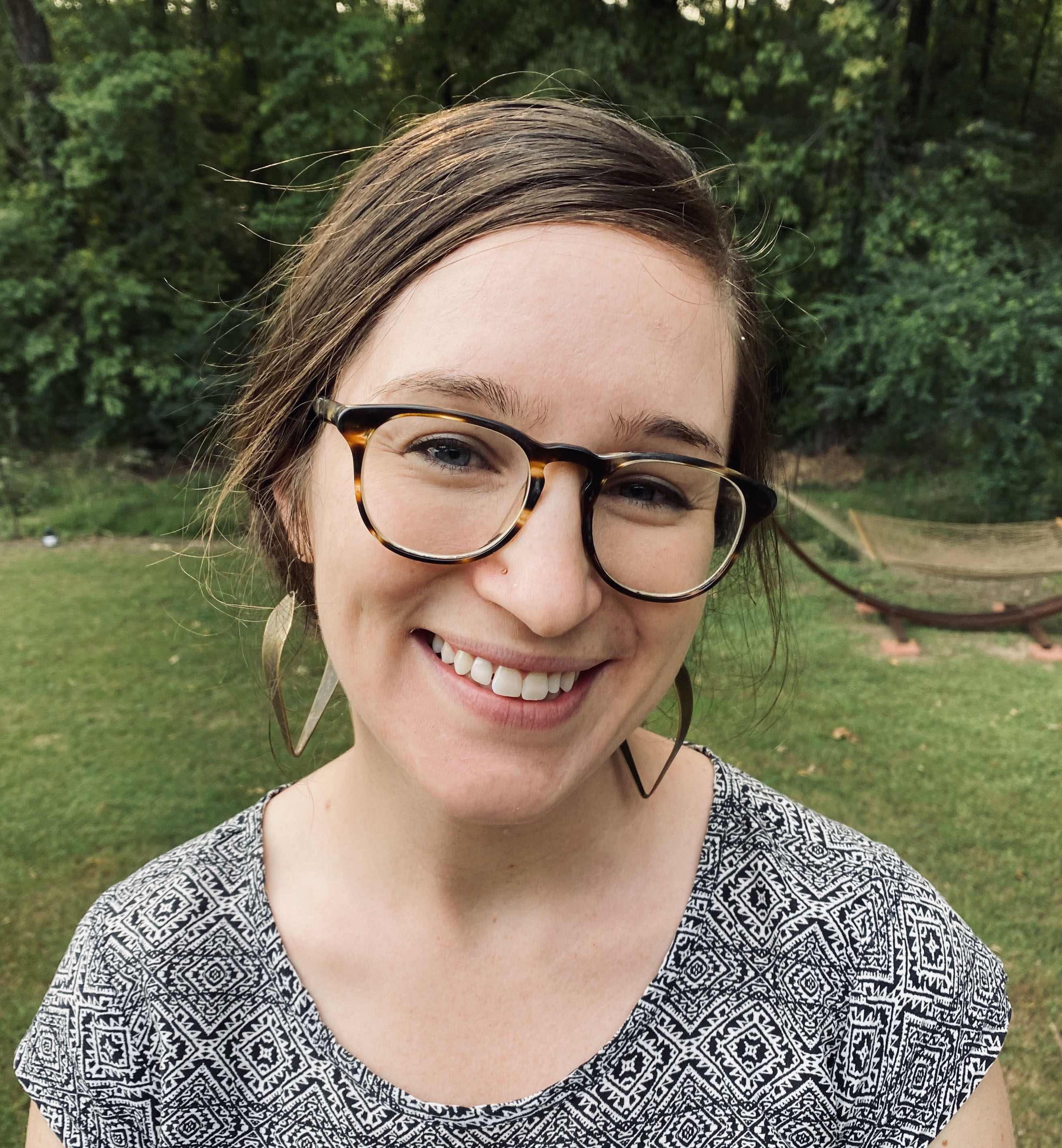 Dr. Bellis earned a B.S. in Genetics and Biochemistry at Texas A&M University in 2010 and a Ph.D. in Integrative Biology in 2017 from Oregon State University. She began working in plant systems as an NSF Postdoctoral Research Fellow at Penn State, where her research focused on spatial coevolutionary genomics of cereal-parasitic plant interactions. In 2019, she returned to her home state of Arkansas and was an Assistant Professor of Bioinformatics in the Department of Computer Science at Arkansas State University until May 2023. At A-State, she also served as Associate Director of the Center for No-Boundary Thinking leading several initiatives in interdisciplinary data science research and education as Director of Student Engagement for AI-Campus and as co-PI of an NSF Research Traineeship Program UandI-DEECoDE. In May 2023, she is beginning a new role as Computational Biology Lead at Avalo where she will continue promoting feedback between machine learning, evolutionary genomics, spatial ecology, and plant and data science, towards more resilient and sustainable food systems. Emily's CV.
Dr. Bellis earned a B.S. in Genetics and Biochemistry at Texas A&M University in 2010 and a Ph.D. in Integrative Biology in 2017 from Oregon State University. She began working in plant systems as an NSF Postdoctoral Research Fellow at Penn State, where her research focused on spatial coevolutionary genomics of cereal-parasitic plant interactions. In 2019, she returned to her home state of Arkansas and was an Assistant Professor of Bioinformatics in the Department of Computer Science at Arkansas State University until May 2023. At A-State, she also served as Associate Director of the Center for No-Boundary Thinking leading several initiatives in interdisciplinary data science research and education as Director of Student Engagement for AI-Campus and as co-PI of an NSF Research Traineeship Program UandI-DEECoDE. In May 2023, she is beginning a new role as Computational Biology Lead at Avalo where she will continue promoting feedback between machine learning, evolutionary genomics, spatial ecology, and plant and data science, towards more resilient and sustainable food systems. Emily's CV.
Natalie Haydt, M.S. (Ph.D. Student)
 Natalie worked in the EcoEvoInfo lab for two years as a Ph.D. student in the Molecular Biosciences Program, co-advised with Dr. Lori Neuman-Lee. Her research integrates modeling, high-throughput sequencing, and experiments to understand disease dynamics and spread in wild vertebrates (snakes) and an emerging fungal pathogen. She is continuing her research in Dr. Neuman-Lee's lab. More about Natalie's research here.
Natalie worked in the EcoEvoInfo lab for two years as a Ph.D. student in the Molecular Biosciences Program, co-advised with Dr. Lori Neuman-Lee. Her research integrates modeling, high-throughput sequencing, and experiments to understand disease dynamics and spread in wild vertebrates (snakes) and an emerging fungal pathogen. She is continuing her research in Dr. Neuman-Lee's lab. More about Natalie's research here.
Fared Farag (M.S. Student)
 Fared is beginning his second year as an M.S. student in Computer Science (emphasis in Data Science), co-advised by Dr. Ahmed Hashem and Dr. Jason Causey. His thesis is on developing a nitrogen recommender system to utilize remote sensing in detecting nitrogen deficiencies in rice. On the side, he is also interested in Backend Web Development. Fared's resume.
Fared is beginning his second year as an M.S. student in Computer Science (emphasis in Data Science), co-advised by Dr. Ahmed Hashem and Dr. Jason Causey. His thesis is on developing a nitrogen recommender system to utilize remote sensing in detecting nitrogen deficiencies in rice. On the side, he is also interested in Backend Web Development. Fared's resume.
Indy Hughes (M.S. Student)
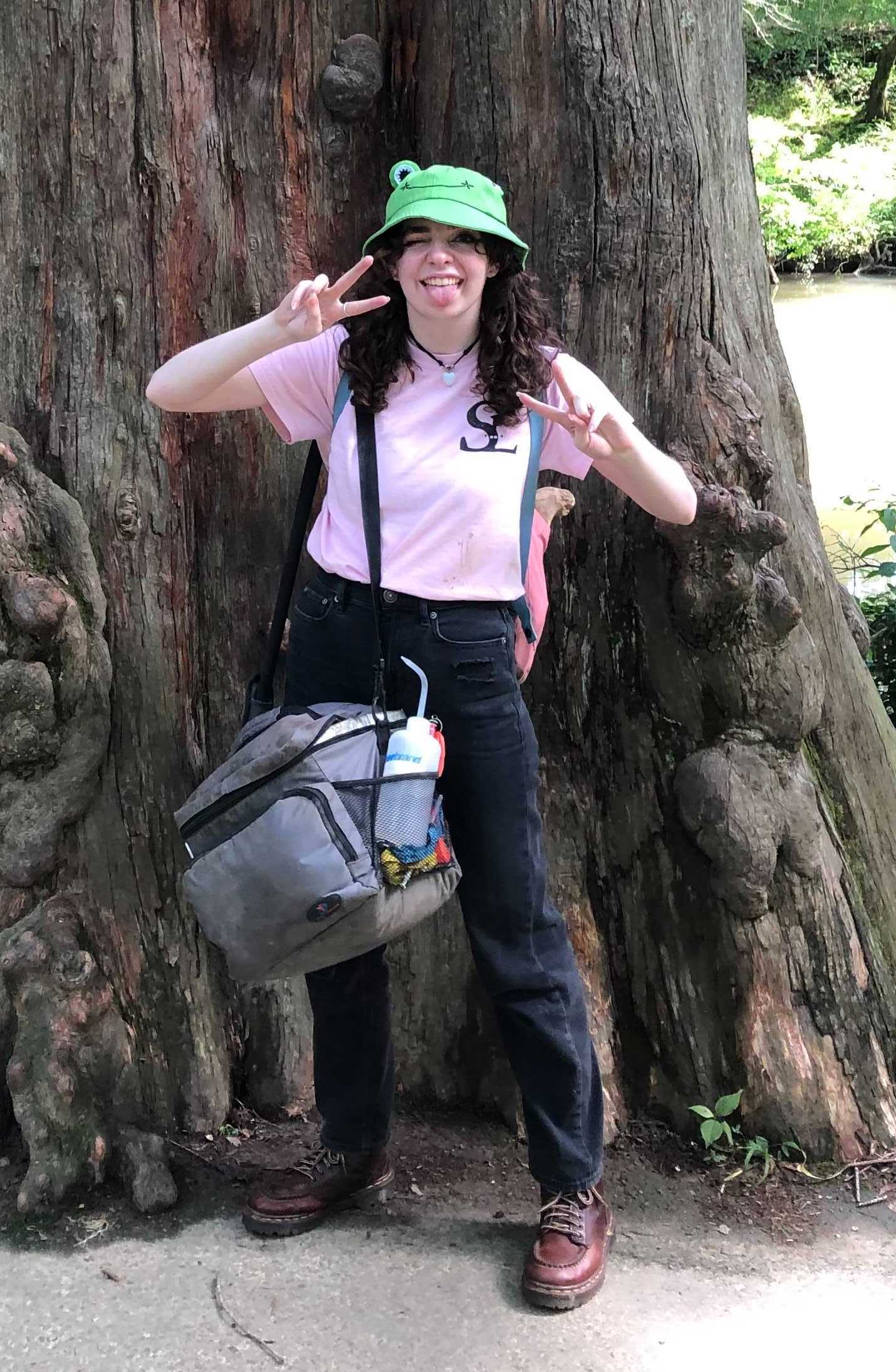 Indy is beginning her second year as an M.S. student in Biology, advised by Dr. Travis Marsico. She is leveraging genomic analyses to understand the origins and adaptive potential of naturalizing wild sugarcane populations and their hybrids in the United States.
Indy is beginning her second year as an M.S. student in Biology, advised by Dr. Travis Marsico. She is leveraging genomic analyses to understand the origins and adaptive potential of naturalizing wild sugarcane populations and their hybrids in the United States.
Lloyd Thomas (M.S. Student)
 Lloyd is beginning his second year as an M.S. student in Computer Science. For his project he developed a plan for a database to organize large amounts of agricultural and environmental data collected by scientists with the USDA ARS Delta Water Resources Management Unit, which he will be building out this summer.
Lloyd is beginning his second year as an M.S. student in Computer Science. For his project he developed a plan for a database to organize large amounts of agricultural and environmental data collected by scientists with the USDA ARS Delta Water Resources Management Unit, which he will be building out this summer.
Emilio Soriano Chavez (Undergraduate Researcher)
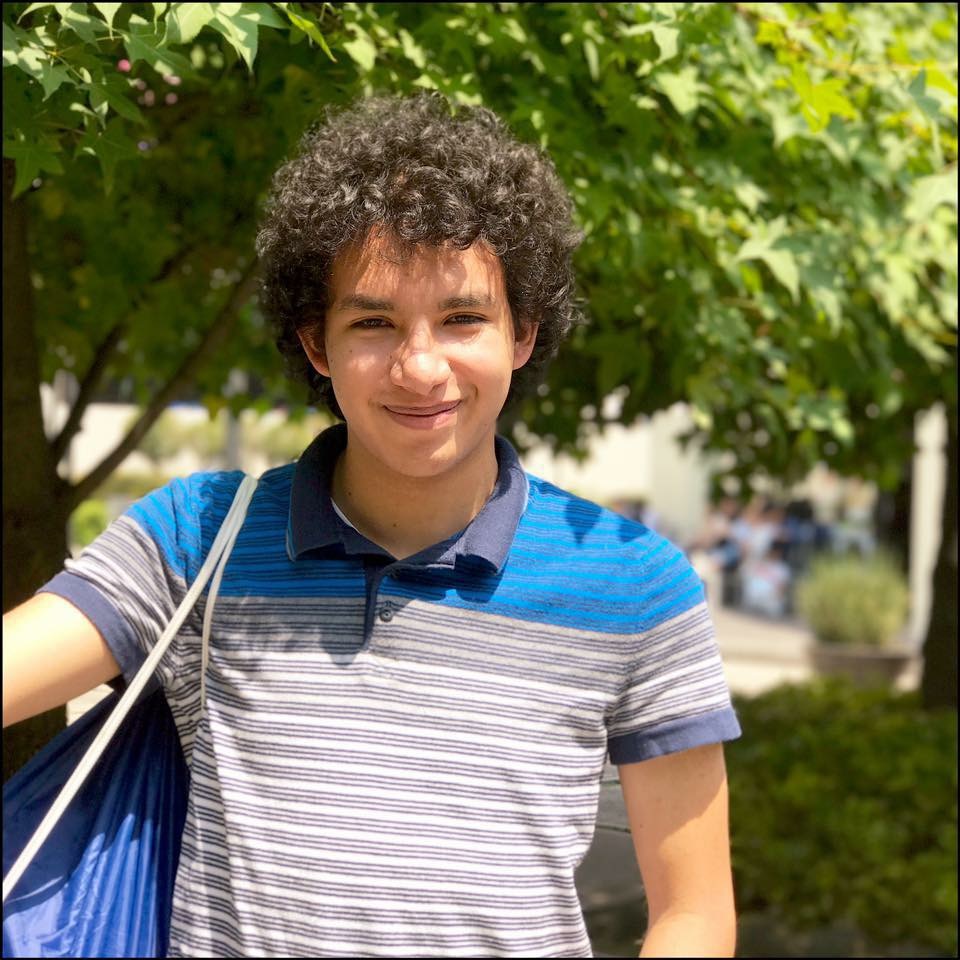
Shelby McCormick (Undergraduate Researcher)
 Shelby is a graduating senior Mathematics major. Her project focused on training deep learning models for automated detection of phenological stage from herbarium specimen images of Striga spp. parasitic plants.
Shelby is a graduating senior Mathematics major. Her project focused on training deep learning models for automated detection of phenological stage from herbarium specimen images of Striga spp. parasitic plants.
Yixing Wang (Undergraduate Researcher)
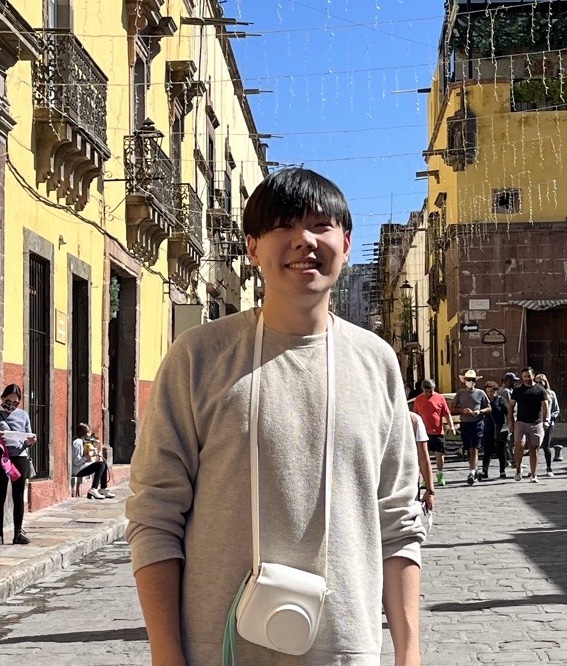 Yixing is a senior at A-State majoring in Computer Science and Math, studying biologically-inspired algorithms. His project used knowledge of nervous system evolution to inform the design of neural network architectures. Yixing is pursuing his interests in a computational neuroscience in a summer internship at University of Arkansas for Medical Sciences in Little Rock.
Yixing is a senior at A-State majoring in Computer Science and Math, studying biologically-inspired algorithms. His project used knowledge of nervous system evolution to inform the design of neural network architectures. Yixing is pursuing his interests in a computational neuroscience in a summer internship at University of Arkansas for Medical Sciences in Little Rock.
Current opportunities:
The EcoEvoInfo Lab is no longer recruiting students. However, there is an opportunity to develop genomic models for predicting plant invasions with the Marsico lab, which is currently recruiting graduate students as part of a new NSF-funded National Research Traineeship program UandI-DEECoDE.
Additionally, we will soon begin advertising for a Postdoctoral Research Scientist to begin in January 2024 as part of a collaboration between Avalo and the Lorence lab at A-State. The postdoc will lead a project using machine learning to identify genetic variants associated with adaptation of rice to low input environments. This position includes a 3-month industry internship at Avalo. Contact Dr. Argelia Lorence or Dr. Bellis for details.

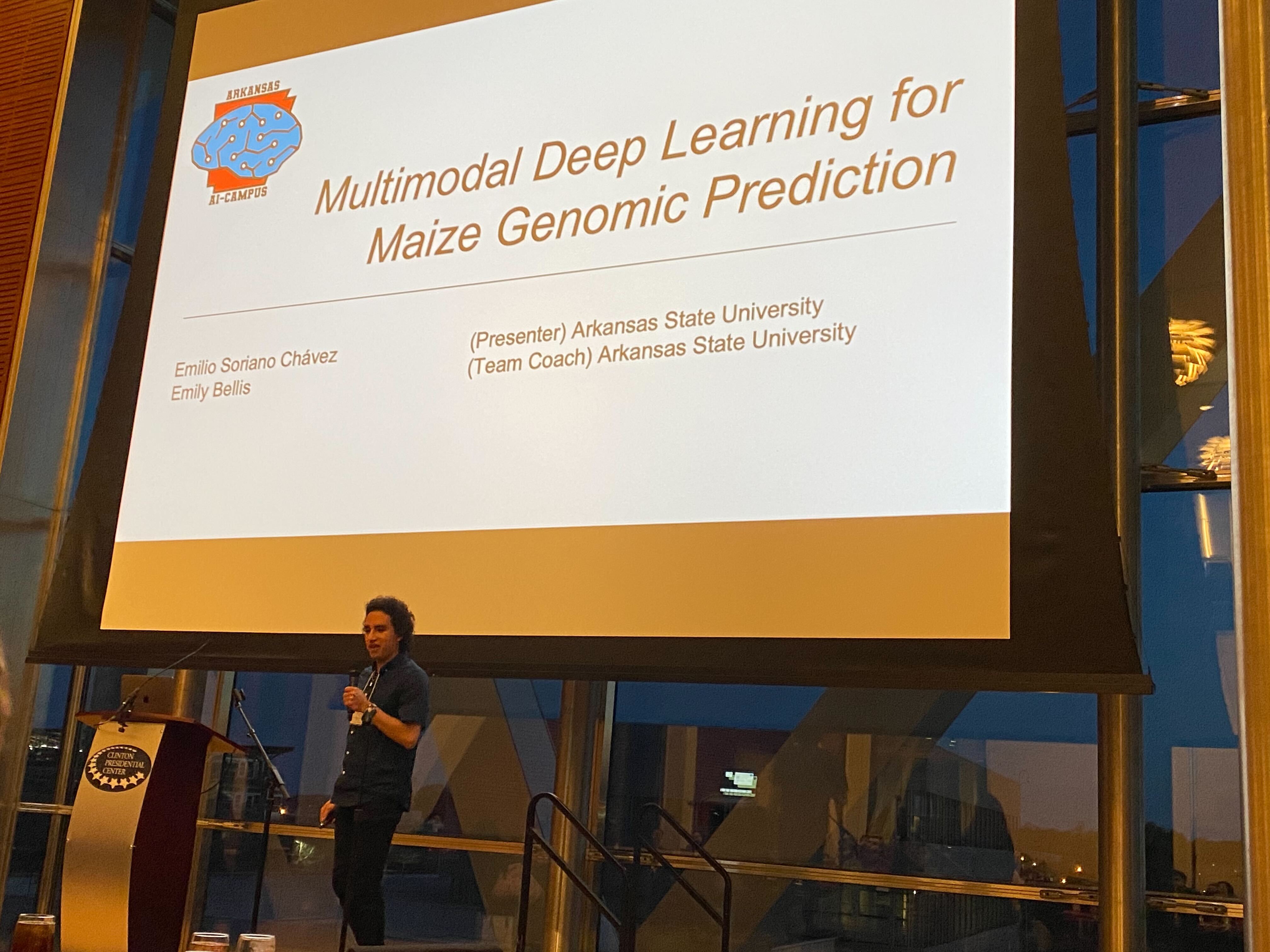
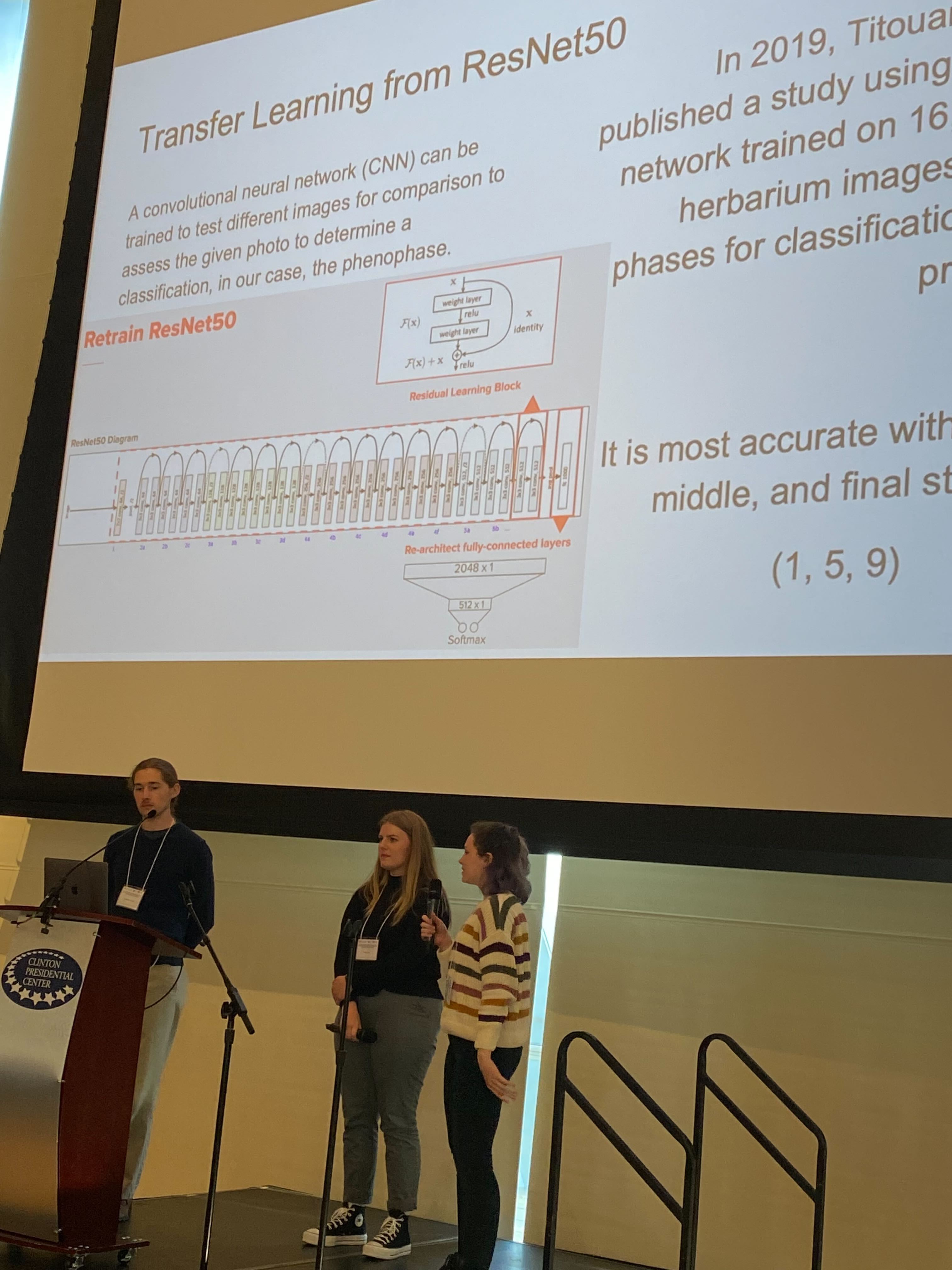
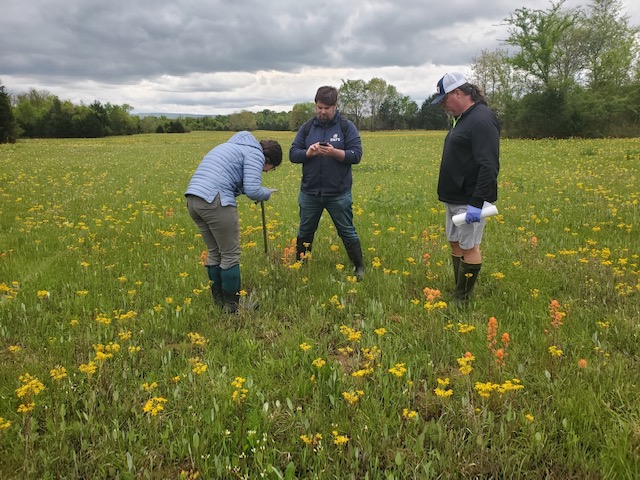 An article
An article